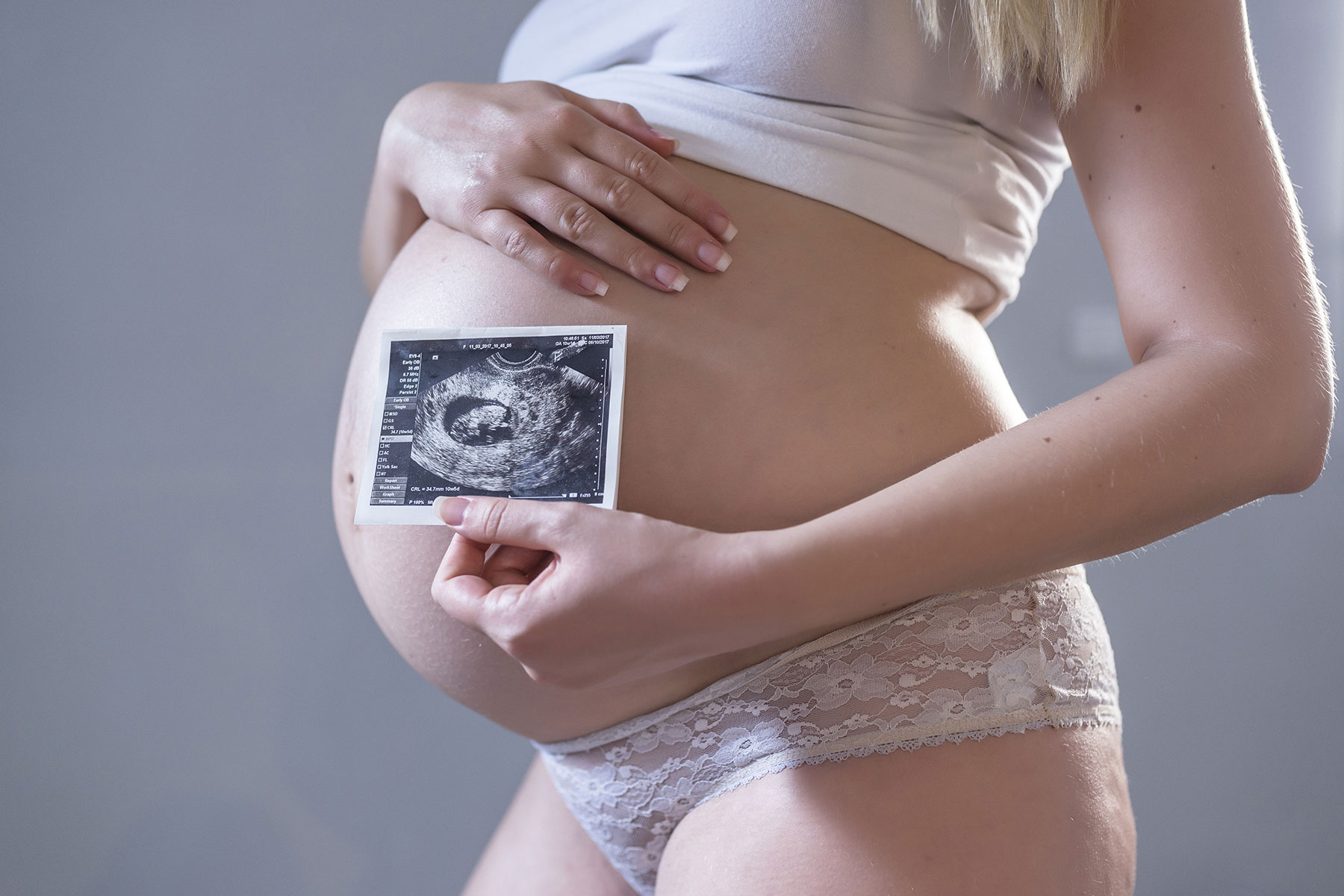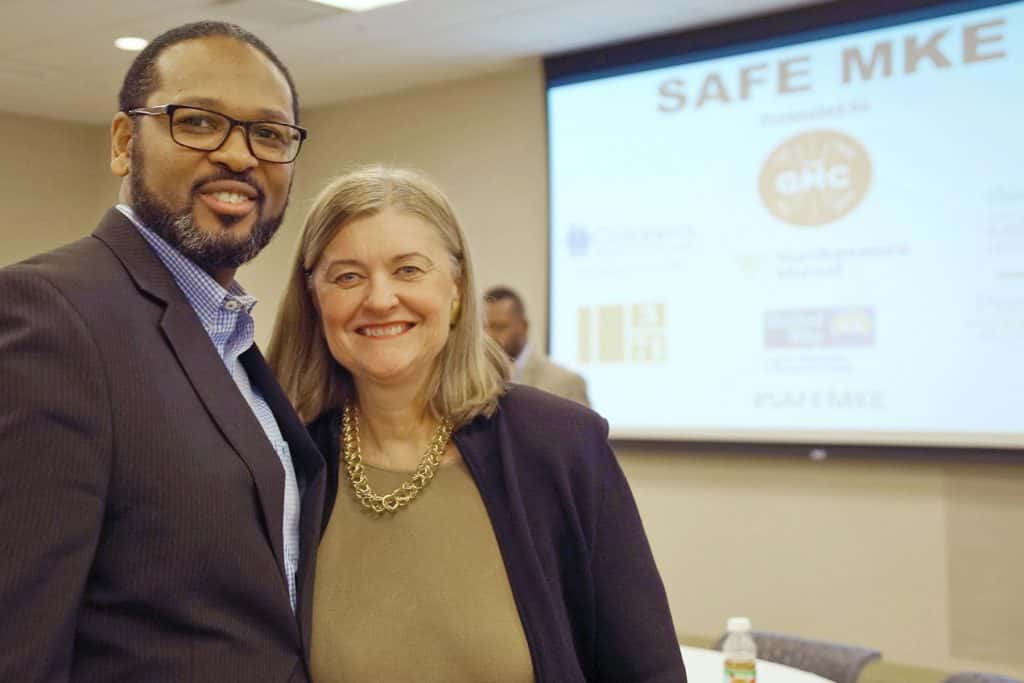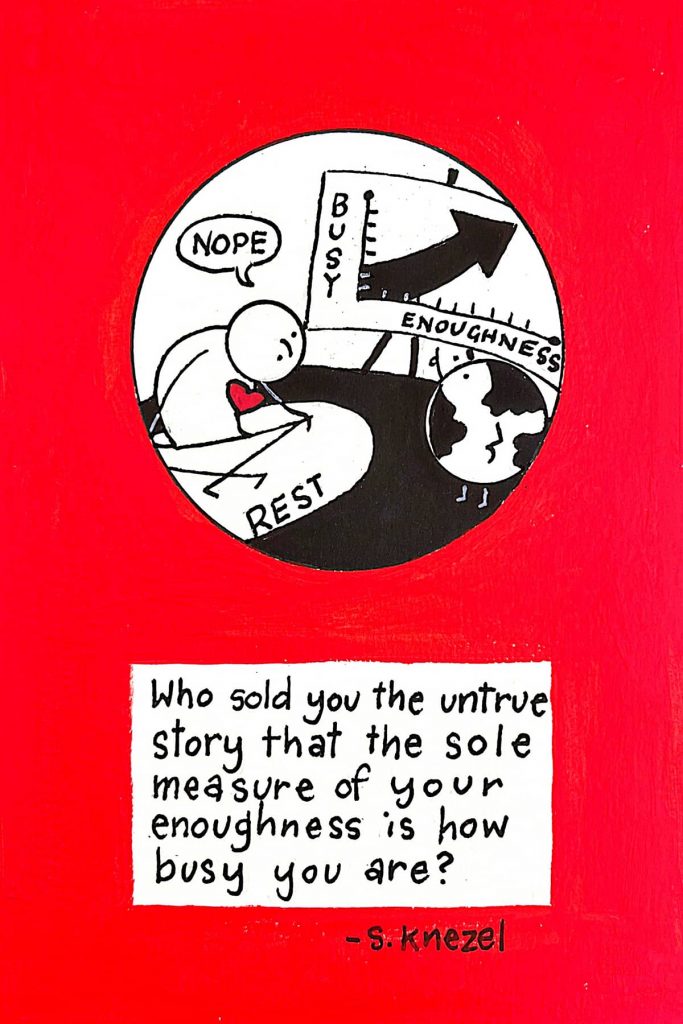
The Orthodox, Roman Catholic, and conservative Protestant Churches have two clear moral obligations with respect to abortion: the first, to do everything in our collective power to ensure that it remain legal, accessible, and performed only by properly trained medical professionals.
Internally I am dying a thousand deaths for bringing myself to write those terrible words—I, who have fathered five beloved children myself, whom I cannot imagine not-born; I, who will soon become a grandfather for the second time; I, who even as an aging man never fail to marvel with childlike wonder at the mystery of God knitting together a new child according to His image in its mother’s womb.
So I beg you to continue reading before you howl and shriek for me to be burnt at your stakes as a liberal and a heretic, for I am neither. I am a broken-hearted realist: if we believe that abortion kills a baby, back alley abortion kills a baby and a woman. It really does come down to this: if we cannot always save the lives of both, we must at least take every step possible to save the life of one. Whose mother, wife, daughter, sister, niece, granddaughter, friend, will we wish dead, or simply allow to die, because any number of complex factors—factors unknown to us—compel her to make an unfathomably difficult decision regarding life and death?
The second clear moral obligation of the Orthodox, Roman Catholic, and conservative Protestant Churches consists in this: to do everything in our collective power to reduce the need for abortion while supporting unimpeded legal access to it. This includes the provision of contraception to all who need it. This seems like such a no-brainer that I can hardly believe that it generates any controversy. The Vatican’s inability to relent on its largely ignored prohibition of artificial contraception—even to prevent abortion or the spread of sexually transmitted diseases—boggles the mind.
But reducing the need for abortion also includes wasting no more precious money on the bourgeois luxury of airfare, hotel rooms, and restaurant meals to participate in an annual national march that accomplishes little more than to stoke the self-righteousness of the morally superior, who think that they are somehow saving babies. Imagine if all the money spent over the decades by ecclesiastical apparatuses, pro-life organizations, and individuals for Right-to-Life Sunday had actually been spent on life, on economically disadvantaged pregnant women and mothers, on post-birth babies (imagine!), on educating and giving moral support to unwed fathers for their responsibilities to their children and to their children’s mothers (have you ever even heard anyone say unwed fathers before now?)—imagine all the missed chances to prevent abortions in the millions, when we preferred to spend all that money on travel and accommodations to speechify and march and appear in the mass media and achieve exactly nothing.
+
The fact that the life of a new human person begins at the moment of its conception stands as so self-evident in my mind that it has remained unchanged through every theistic and atheistic stage of my life. I use the word fact deliberately: it has rather little to do with religious belief, and rather more to do with facts along the lines of the daily sunrise and sunset, or climate change, or the uncontroversial statement that the life of a new dog or cat begins at the moment of its conception. With the exception of an unexpected period of atheism from the age of 53 to 57, I have lived the first 20 years of my life as a Roman Catholic, and the last 42 years as an Orthodox. At no time—not even as a convinced atheist belatedly completing my BA in York University’s School of Gender, Sexuality and Women’s Studies—have I ever doubted that an autonomous human person, separate from its mother while dependent on her for its life, comes into existence when ovum and sperm unite. As a secular humanist I felt no less certain of this, and no less concerned for the life and well-being of the preborn child, than I do as an Orthodox Christian.
Yet my immersion in gender, sexuality, and women’s studies—at a time when religious faith had completely lost its hold on me—made me more open than before to hearing the voices of women who had had, or demanded the legal right to have, an abortion. While remaining unshakably pro-life in my philosophical worldview, but no longer bound by all the rhetoric and polemic of institutional churchspeak and pro-life politics, I was also able to see past the equally distasteful institutional feminismspeak and pro-choice politics, with all its rhetoric and polemic, into the hearts and full humanity of women whose understanding of these things appeared to diverge so fundamentally from mine.
That exercise in nonjudgmental listening—in the encounter with those who seemed to stand in some ways at the extreme limits of “other” from me—continues to exert a profound influence on how I strive to engage, both in my outward behaviour and my inward disposition, with people opposed to some of my most basic assumptions about God, man, Christian faith, and human life.
In the context of the diabolical culture wars the institutional church has failed to imitate Christ in His open-armed posture towards the sinner, every sinner except the moral self-congratulator. We have forgotten that each of us, from the highest to the lowest in the Church, stands before God as the first among sinners, our only defense the heartbroken prayer: Lord, have mercy on me, the sinner. Like cast-off rags is my so-called righteousness. I have done nothing good upon the earth. No one has committed the sins that I have. I am worse than the harlot, worse than Paul, even as he was…. Yea, O Lord and King, grant me to see my own transgressions, and not to judge my brother or sister.
For the only Sinless One, wounded unto death by our sins, yours and mine, sends us into all the world neither to judge it, nor to condemn it, nor to fight its culture wars, nor to rant and shake our fists from the podium at defense-of-marriage rallies, nor to march in right-to-life parades, nor to dictate morality through the machinations of Congress. In each of these instances we leave the broken-hearted Publican’s side and join the Pharisee in thanking God that we are not like those others; and we go away having prayed only with ourselves.
No. He has sent us into all the world to bring oil and wine to the fallen on every side of the road, to bandage their wounds even as tenderly as He bandages ours, to carry them to a place where their healing and ours can progress together. He has sent us into the world not as warriors, but as physicians who need healing ourselves. The only war that He blesses us to wage is the one in the battlefield of our own hearts.
We as traditional or conservative Christian Churches have failed to say to women—women who consider having an abortion, women on their way to the clinic to have an abortion, women departing the clinic after their abortion, women who years later feel that they could have made no other choice—we have failed to say to them: “We affirm unconditionally the sanctity of your life.”
+
The penitential canons enacted or ratified by the Seven Ecumenical Councils, despite their sometimes harsh language by modern standards, are always therapeutic, never punitive. They are intended as guides for the healing of people’s souls at the hands of wise bishops and presbyters schooled by the Holy Spirit—through a lifetime of prayer and ascetical renunciation of the ego—in the charisms of genuine humility and spiritual discernment. The canons only ever apply in the deeply personal, charismatic encounter between penitent and confessor.
The canons were never intended to supply talking points for public screeds, or slogans for our pickets and our politicking.
+
When I was a tender 35, at the beginning of my third year of priesthood and newly assigned to a parish, I stood in my candle-lit country church one Saturday after Vespers hearing confessions. A tiny wisp of a woman, older than my grandmother and hardly larger than an elf, hobbled up to the analogion. Of course she had nothing earth-shattering to confess.
“Is that everything?” I asked gently when she finished, as was my custom.
“Yes, Father. That’s everything.”
To my astonishment, my voice continued talking. “The reason I ask,” it said even more gently, “is that sometimes there’s something from long ago, which we have never confessed because we were so ashamed, and yet we cannot forget it because it weighs so heavily on our conscience.”
To my greater astonishment the dear old bunică began to sob. When she was 15—some time in the 1920s—she and a boy from a neighboring farm went too far. Realizing later that she had gotten pregnant, she became terrified of her father’s wrath; so one fateful day she went to the woodshed, utterly alone in the world, and performed a coat hanger abortion on herself. She could have died.
By the time she finished her confession I was crying as much as she was. My only response was to assure her that all the angels in heaven were present and rejoicing with us that night. Nothing more needed to be said.
After I pronounced the prayer of absolution and gave her a little fatherly hug, she floated out of the church on a cloud. At the next morning’s Liturgy she floated up to the Chalice on the same cloud, her whole self glowing visibly to me a little bit as she approached to receive the Holy Mysteries of the Lord’s Body and Blood. At that moment I had no doubt that she had been a saint most of her life.
Don’t you see? The Lord never hated or condemned her. He never wished her dead, or allowed her to die. He valued her earthly life as much as, if not more than, that of the child whom she has since gone to her heavenly rest to hold in her arms at last. Don’t you see? He never abandoned her, not through 70 years of unconfessed sin, not in the farmer boy’s clumsy embraces, not even in the woodshed with the coat hanger.
Giacomo Sanfilippo
Originally published by Orthodoxy in Dialogue as Abortion, Contraception, And Christian Faith














